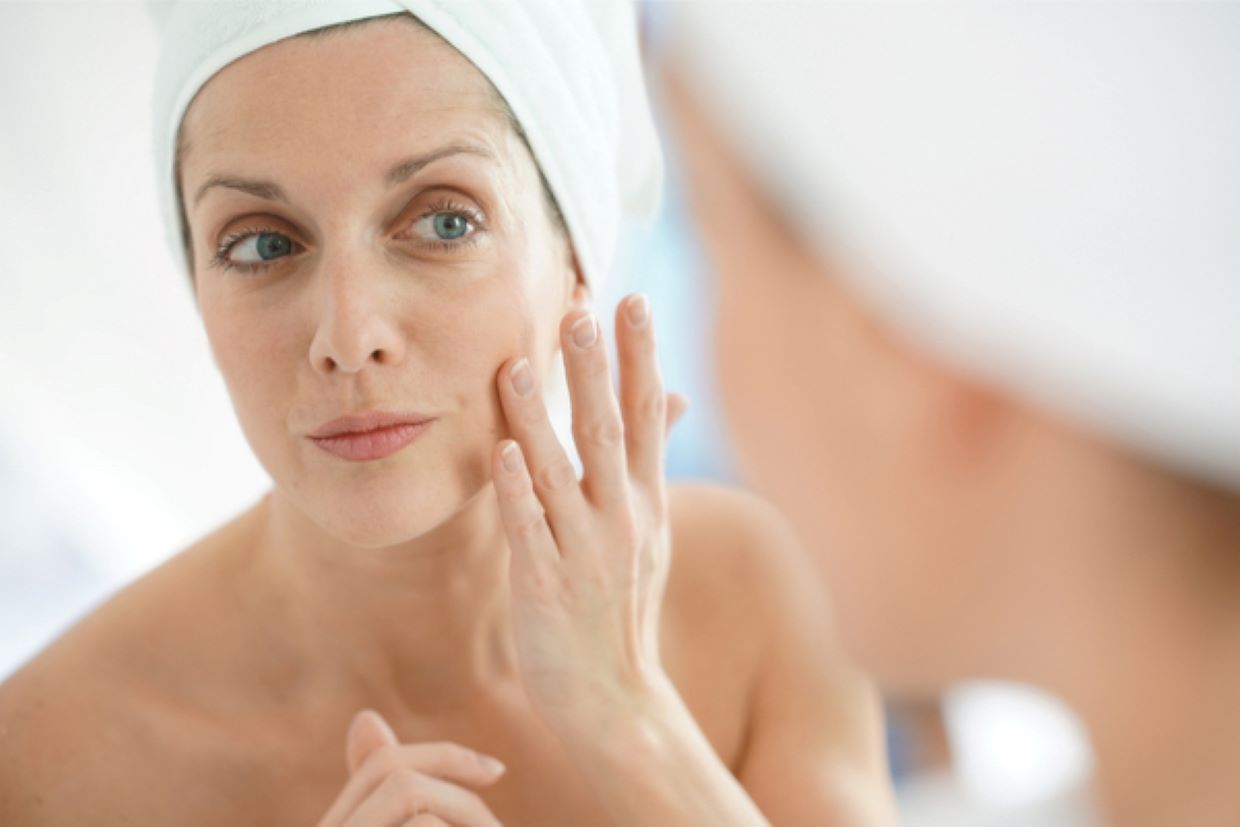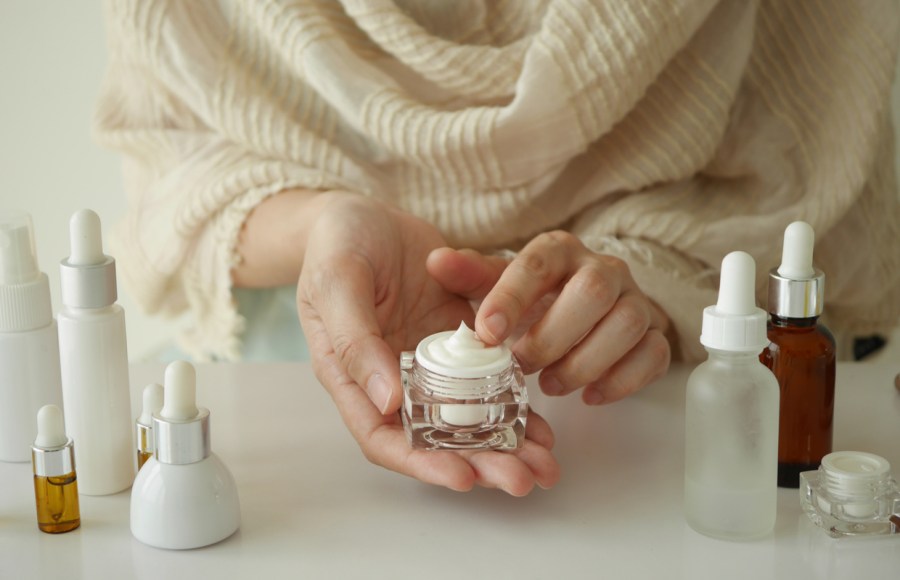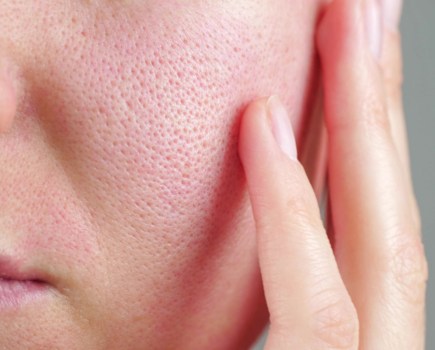Show your skin some love throughout the harsh winter season by updating your skincare routine with these hydrating tips from Tanologist…
Your skincare routine is a labour of love and you’ve finally nailed it. Your lightweight moisturiser and twice-a-week exfoliant have left your skin flawless and glowing.
But did you know that your skincare routine should evolve with the seasons?
Winter can play havoc with our dermis and cause dryness, irritation, and flaking. But don’t worry, we have everything you need to know to keep your skin feeling healthy and looking amazing all winter.
1. Switch to a heavier moisturiser for winter
In the colder months, the air is a lot drier. That and the colder temperatures can draw moisture away from your skin, leaving it dry and flaky. Even those of us with oily skin could benefit from a richer moisturiser in the winter to replenish water loss caused by frigid temperatures and air lacking in moisture.
When picking out a winter moisturiser, look for one containing lipids and ceramides. These fatty molecules form the building blocks of our skin and keep it plump and hydrated.
And we all know plump, moisturised skin is the most youthful! If you’re worried that a thicker cream will break you out or make your oiliness worse, stay away from formulas with pore-clogging ingredients like petrolatum, coconut oil, and shea butter.
 2. Incorporate an oil into your winter skincare routine
2. Incorporate an oil into your winter skincare routine
Facial oils are the misunderstood sister of the skincare world. A lot of us will avoid them, fearing that they’ll make our faces even greasier. But a facial oil can actually do the opposite!
Think about why your face produces oil – it’s because it thinks you’re lacking in it. So, slathering on an oil before bed can actually help reduce oil production.
In winter, oils are the perfect way to seal in your super-hydrating moisturiser because they’re occlusive. This means that they’ll prevent any moisture or water loss from your skin.
In winter, when the cold weather, central heating, and dry air try to sap your skin dry, this is essential. Jojoba oil is great for oily skin because it mimics the skin’s natural oils. If your skin is particularly thirsty, you can get away with a nourishing coconut oil, because it’ll be less likely to clog your smaller pores.
Related: 10 best facial oils to hydrate your skin this winter
3. Don’t turn to tanning beds
We’re more aware than ever that vitamin D is super important for our health. But in the UK, we’re chronically vitamin D-deficient in the colder months because the sunlight isn’t strong enough for our bodies to make it (and we might spend most of the winter snuggled up in our duvets instead of outdoors).
This has led to the misconception that using sunbeds can help us make up this deficit, but the NHS recommends against it. Instead, take a vitamin D supplement and get your vitamin D through foods like eggs, salmon, and nuts. There’s an added bonus to these foods because they’re all great for your skin too!
If you’re looking for a bronzed glow throughout the winter months, there are ways to achieve it that are better for your health and skin. UV rays from tanning beds not only increase your risk of skin cancer, but also contribute to signs of skin ageing like fine lines and dark spots. Instead, opt for safer self-tanners. You can even use an fake tan drops for a temporary bronze if you have a big event!
4. Continue to use SPF daily!
On the topic of UV rays – yes, you still need an SPF in the winter! The sun’s rays can still damage your skin even on cold and cloudy days, so make sure you’re finishing off your morning skincare routine with an SPF of 25 or higher.

5. Use gentler ingredients
Retinol and glycolic and salicylic acid are having a moment in the spotlight. We’ve discovered how they can unclog pores, smooth texture, and even reduce fine lines.
But the way these products work is by encouraging cell turnover and dissolving nasties in our pores and on the surface of our skin. With an already compromised skin barrier in the winter, we might want to ease off on these ingredients in colder months.
We’re not saying you need to completely remove exfoliants and retinol from your routine, but it’s a good idea to limit your use of them. If you have skin that’s more sensitive to cold weather, this is especially relevant.
If you’d prefer to keep your exfoliation regular, you could try gentler acids like mandelic or lactic acid. The latter acid is a humectant, meaning it draws in the water that winter air is trying to suck out of your skin.
Keeping our skin healthy, youthful, and hydrated is an ever-changing task. What worked for you in the summer might not be enough for the winter months, so it’s important to adapt your routine to the seasons.
As with all new skincare products, we recommend incorporating your winter saviours gradually to give your skin time to adjust. Start with your richer moisturiser, and give it a couple of weeks before bringing in your face oil. No more battling dry and flaky skin!







